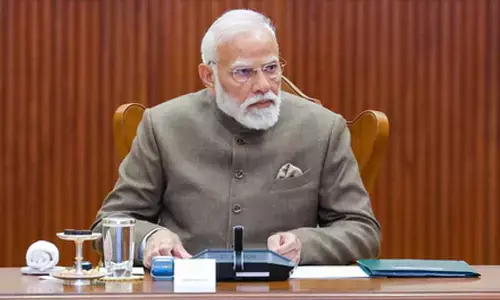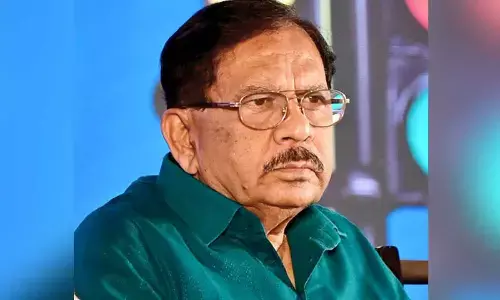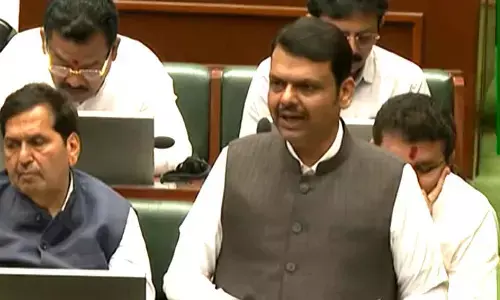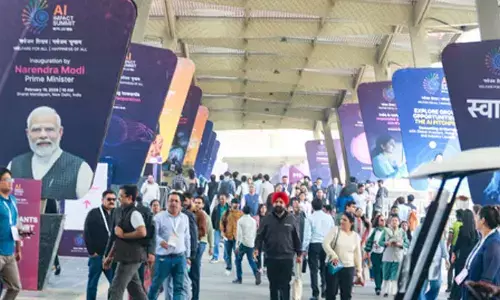A health boost for Indian pharma sector
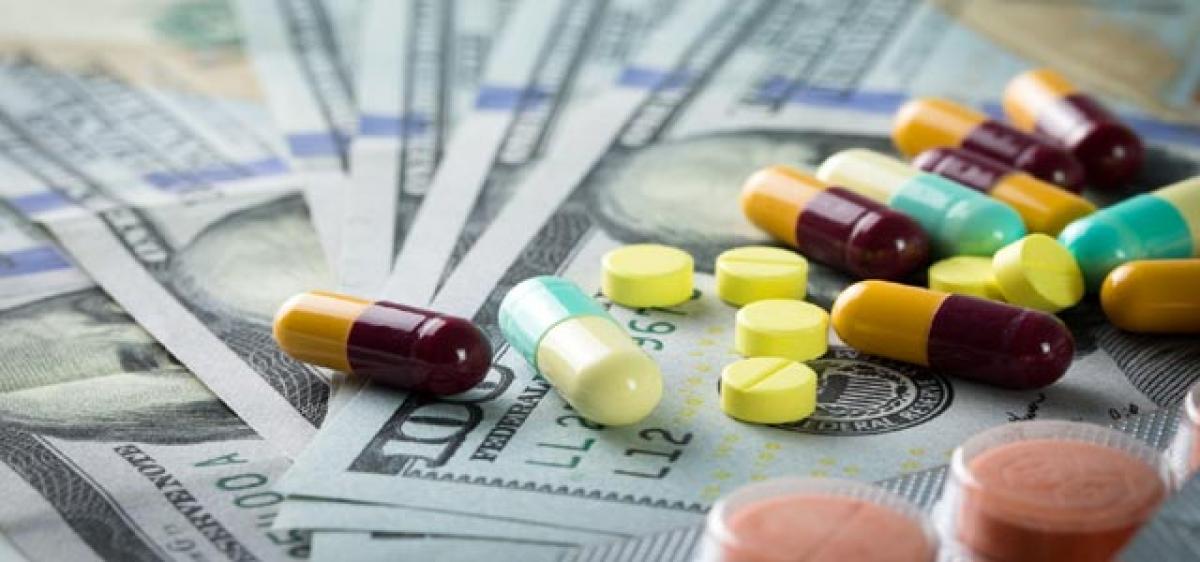
It has been a long established fact that pharmaceutical sector plays an important role in ensuring a robust health sector in any country. The sector’s turnover during India’s independence was hardly Rs 10 crore.
It has been a long established fact that pharmaceutical sector plays an important role in ensuring a robust health sector in any country. The sector’s turnover during India’s independence was hardly Rs 10 crore. The sector has grown so phenomenally that its export in 2015 alone stood at a staggering $12.54 billion. Unfortunately, for all its boisterous presence, it is facing a threat to its very existence and needs the immediate attention of the government.
Indian pharmaceutical sector has grown at an amazing speed and effectively lowered MNC domination across the firmament. It was imperative as medicines promoted by MNCs were too costly and many of them were either unwanted or hazardous. Moreover, they were manufactured abroad but marketed in India with corresponding hike in their cost.
In a bid to promote local manufacturers and bolster the stakes of domestic players, the Union Government came out with a number of actions like putting in place an all-encompassing Patent Act; capping holdings of MNCs; compelling them to manufacture their products here and ensuring no less than 20 percent of their turnover from the medicines listed in Category I containing mostly essential medicines. Among all, the role played by the salient features of the Indian Patent Act 1970 is a vital one. The Act paved the way for thousands of Indian companies coming up in this sector, including making the latest drugs at affordable costs.
Having enjoyed privileges extended by the government and its all-round encouragement, the sector registered impressive growth at a consistent pace. However, today the Indian Pharmaceutical sector is facing difficult times because of changes being brought about by the government, which, seemingly, are in favour of MNCs and hostile to the Indian companies.
Two such changes need to be analysed and addressed accordingly-changes in the Intellectual Property Rights and the other one is allowing 100 percent Foreign Direct Investment (FDI) in pharmaceuticals. Failing to address this will take us back to the dark days of the pre-independence regimes.
When MNCs in Pharma were making good fortunes with their patented molecules all over the world, including India, the Centre came out with the Indian Patent Act 1970. The Act was so unique that it did not offer patent rights on products. This provision paved the way for several domestic players to enter the field and promoted to the growth of the sector.
Almost all the medicines, which were enjoying patent right protection abroad, were made available in India with a vast cost difference. The Act is today deemed as a model worthy of emulation by several countries. From less than 100 companies in the field till 1960s to around 23,000 players of various sizes today, the sector has come of age. Moreover, it is extending cost benefits to the ailing community all over the world.
When the United States was enforcing its dictates through Acts like ‘Super 301’ and ‘Special 301’ to safeguard its patent holders, the Uruguay round of GATT negotiations broke the stalemate. Arthur Dunkel presented a set of ‘take it or leave it’ proposals. The salient feature of this proposal, which was called Dunkel’s Draft Treaty (DDT), mandated 20 years of exclusive rights to the patent holder.
India, which led the developing countries, till then succumbed during the Paris convention and signed the documents of World Trade Organisation (WTO) in 1995. Accordingly a Bill to amend the Indian Patent Act 1970 was tabled by the then Union Government led by Atal Behari Vajpayee, which extended the Patent holders’ exclusive rights on their products with effect January 1, 2005.
Had this Bill been adopted in the Parliament it would have ensured the closure of thousands of Indian pharma and other ancillary companies throwing millions out of employment, besides making new medicines too costlier. This was because a lion’s share of the turnover came about from products enjoying patent rights all over the world except in India. Subsequently, the UPA I came to power and at the behest of Left parties, they brought about crucial amendments to the Bill. Consequently, they did not allow the products already available in India to enjoy patent right while new products with fresh applications were granted the right.
Now, not only in the present government under pressure but is actually yielding to it. Crucial decisions should be taken only after taking the Parliament into confidence. They should note that unilateral decisions on such vital issues will lead to a chaotic situation in the long run, which will spell disaster for the domestic pharmaceutical industry.
By A G Rajmohan


